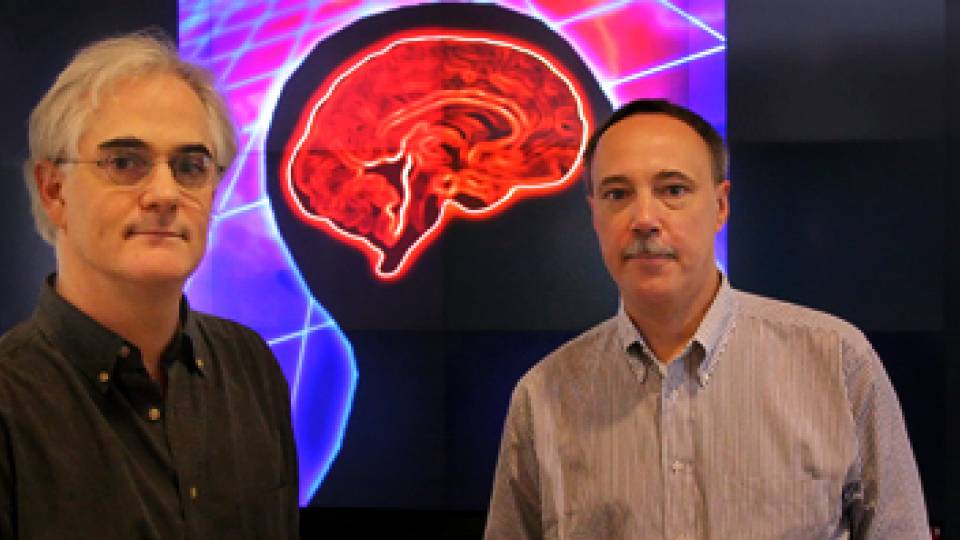William Bialek, the John Archibald Wheeler/Battelle Professor in Physics and the Lewis Sigler Institute for Integrative Genomics, has received the Society for Neuroscience's Swartz Prize for Theoretical and Computational Neuroscience. The $25,000 prize recognizes an individual who has produced a significant cumulative contribution to theoretical models or computational methods in neuroscience. Bialek will be presented the award Nov. 11 during the society's conference in San Diego.
The society cited Bialek's leadership in the field of theoretical and computational neuroscience and his scientific contribution to our understanding of neural computation, as well as his strong commitment to training the next generation of scientists working in this area of research.
The award honors Bialek's decades-long career, much of which has focused on theoretical problems at the interface of physics and biology, including how well the various functions of living beings "work." He is well-known for his contributions to the study of neural coding and computation in the brain. Bialek's studies showed that aspects of brain function can be described as using essentially optimal strategies for adapting to the complex dynamics of the world, making the most of available signals in the face of fundamental physical constraints and limitations. Bialek's recent studies examine early events of embryonic development.
The prize is supported by the Swartz Foundation, which aims to better understand the relationship between the physical and cognitive brain using interdisciplinary techniques. The Society for Neuroscience is an organization of nearly 42,000 basic scientists and clinicians who study the brain and nervous system.



